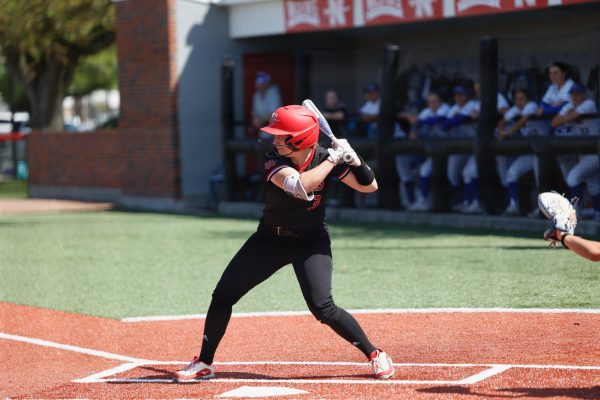President Murphy returns from educational trip to Cuba
Bruce Murphy, President of Nicholls State University, returned from his week-long Presidential Mission in Havana, Cuba as a member of the American Association of State College Universities on Sept. 13, 2015.
After orientation with Rodolfo Alarcón Ortiz, the Minister of Higher Education, the delegation met with several Cuban university presidents in pursuit of the ministry of higher education.
“I learned about the Cuban educational system and the national health care system. My main focus was on work force management,” Murphy said.
Throughout the trip, Murphy outlined the programs offered at Nicholls that he considered of particular interest, specifically the Chef John Folse Culinary Institute, the international sugar institute, Petroleum Engineering Technology and Safety Management, the nursing program, the marine biology and environment department, the accredited college of business administration, geomatics, the English department, the mathematics department and division one sports.
“I was approached by the Cuban technical university for their interest in the Petroleum Engineering Technology program, as they are looking to advance their petroleum industry,” Murphy said.
The other programs that drew attention were the sugar institute, maritime management and geomatics.
“The sugar industry is the biggest industry in their country and they still cut it by hand. So, I think we can both learn from each other, and since they are an island, they also share our interests in surveying and coastal restoration,” Murphy said.
There were many opportunities presented for future collaboration that would enhance the educational experience for both faculty and students at Nicholls and in Cuba.
“Sharing research is mainly faculty to faculty, and can be done without traveling. With exchanges, we can send students and faculty there, and they can send students and faculty here for a week or so. In sharing programs, a nursing student could go down there and spend a semester where that person could learn a new public health system,” Murphy said.
The Cuban delegation also offered new opportunities for nursing students by providing a different form of health care. A Cuban exchange program would be beneficial to those interested in practicing in medically disadvantaged areas.
“They have a totally different public health system. If somebody wanted to do public health nursing in a remote area, this would be the perfect place to do that. They are big on application and provide a hands-on approach to medicine,” Murphy said.
The overall scope of the trip allowed for an exchange of not just ideas about education, but also a way of sharing cultures. Although Murphy was well acquainted with the traveling to South American countries, the Presidential Mission was a unique occasion to grasp the inner workings of in a different society.
“The whole trip was interesting. Just to have that exchange, to learn about their education system, it was very interesting. It wasn’t what I thought. I found people very warm, very friendly and very helpful,” Murphy said.
The largest meeting of the week involved the gathering of 34 U.S. university presidents with around 30 Cuban university presidents and directors of research centers. There, the organizations signed a memorandum of the meeting facilitating collaborative interests for higher education.
Some of the outlined goals included “the development of mutually beneficial professional opportunities for faculty, increasing student mobility, increase in undergraduate and graduate joint research, creating an academic collaboration framework with specific steps and actions and continuing support of the U.S. Commercial, Financial and Economic Embargo of Cuba. “
Murphy has hopes that this trip would be the first step in fulfilling his goals for the University, and is optimistic on moving forward with the progress made over the course of his trip.
“I encourage anyone to come up with ideas, and we will facilitate contact. If there are any students interested in going there, we can make it happen or even bring their faculty here. Anything is possible,” Murphy said.
The main institutions visited include the University of Havana, the Polytechnic Institute Jose Antonio Echeverria, the University of Information Sciences, the Center of Marti Studies, the Ministry of Public Health, the Medical University of Havana and the Latin American School of Medicine.


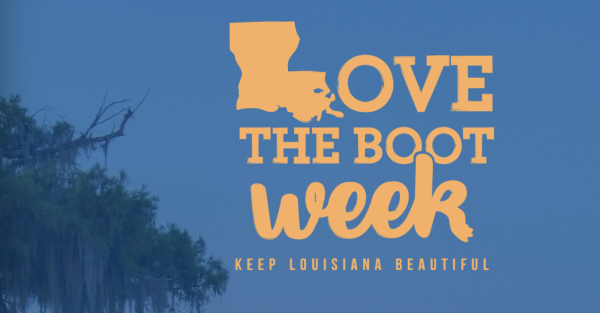
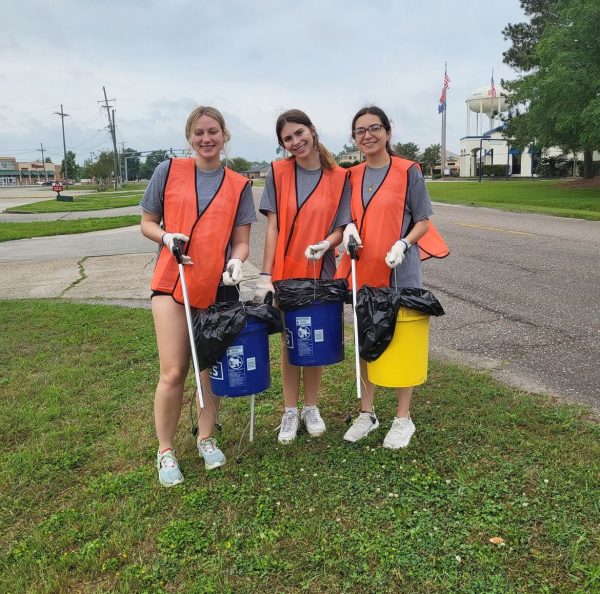
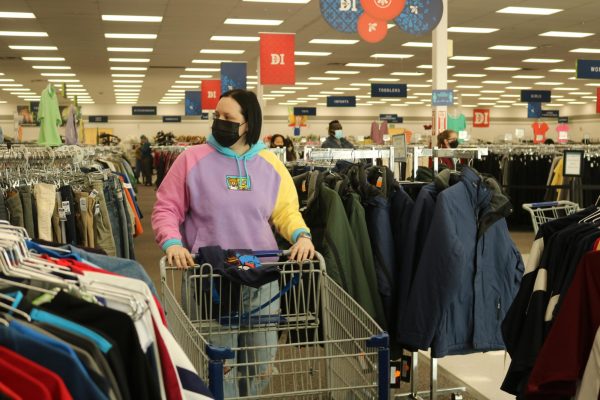
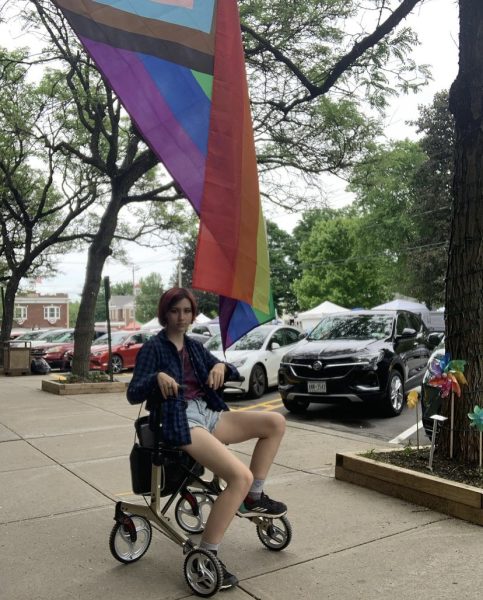
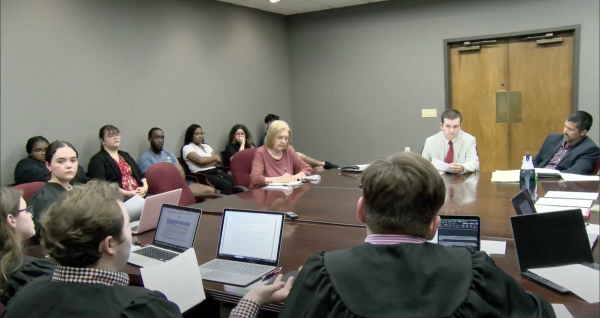
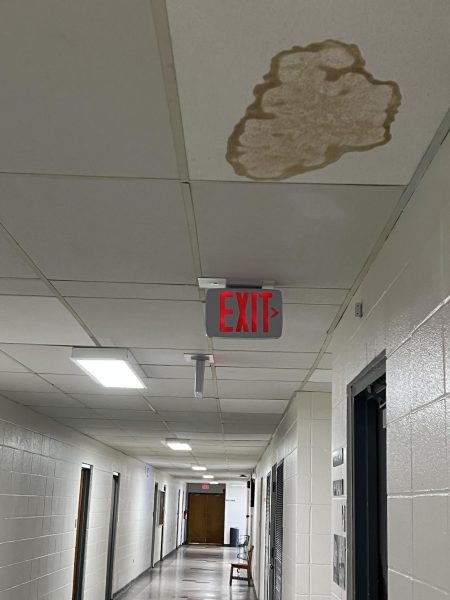
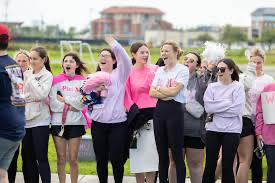
![Nicholls Garrett Felix [#6] advances to first base after drawing a walk against Louisiana on April 2.](https://thenichollsworth.com/wp-content/uploads/2024/04/FelixWalk-at-UL-600x400.jpg)
